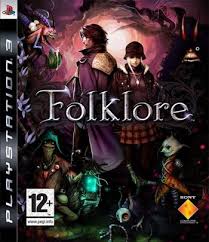记忆方法
将“folklore”分解为“folk”(民间)和“lore”(传说),可以想象一个场景:民间传说中充满了各种故事和习俗,这样就可以形象地记住这个词,它指的是民间传说或传统故事。
以上内容由AI生成, 仅供参考和借鉴
英语词源
- folklore (n.)
- "traditional beliefs and customs of the common people," 1846, coined by antiquarian William J. Thoms (1803-1885) as an Anglo-Saxonism (replacing popular antiquities) in imitation of German compounds in Volk- and first published in the "Athenaeum" of Aug. 22, 1846; see folk + lore. Old English folclar meant "homily."
This word revived folk in a modern sense of "of the common people, whose culture is handed down orally," and opened up a flood of compound formations: Folk art (1892), folk-hero (1874), folk-medicine (1877), folk-tale (1850; Old English folctalu meant "genealogy"), folk-song (1847, "a song of the people," translating German Volkslied), folk-singer (1876), folk-dance (1877).
权威例句
- 1. According to local folklore it is an evil place.
- 据当地民间传说,那是个不祥的地方。
- 2. The story rapidly became part of family folklore.
- 这个故事很快就成为家族传说的一部分。
- 3. Local folklore has it that prehistoric men drove cattle over these cliffs.
- 当地民间传说中称,史前人类把野牛从这些悬崖上驱赶下去.
- 4. This village has its own traditional dress, cuisine, folklore and handicrafts.
- 这个村子有自己传统的服饰 、 烹调 、 民俗和手工艺.
- 5. Zhuge Liang is a synonym for wisdom in folklore.
- 诸葛亮在民间传说中成了智慧的代名词.
